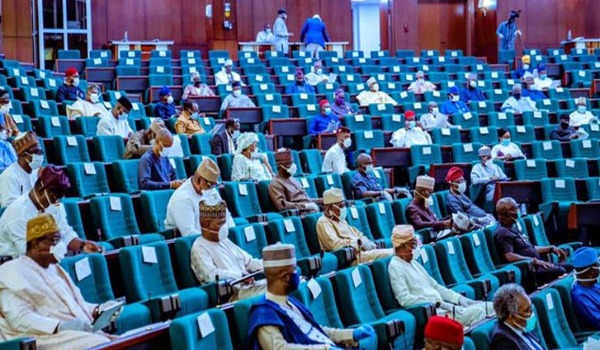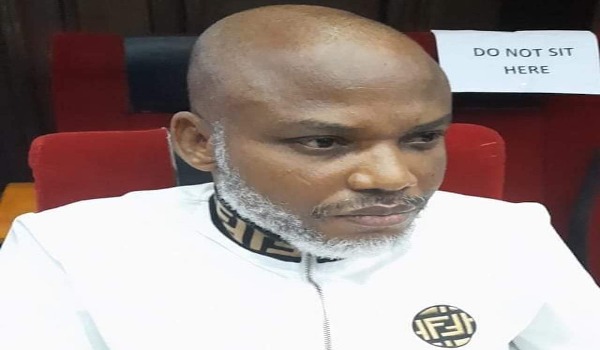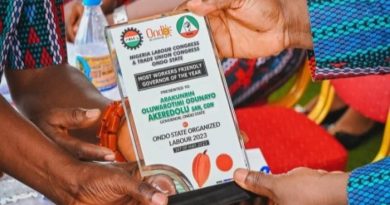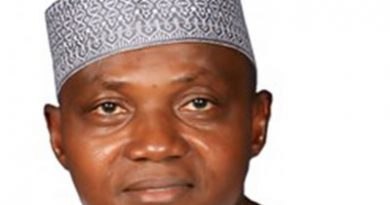HOR consider 10% reserved legislative seats for Women; 5% for physically challenged
Nigeria’s House of Representatives is considering a proposed legislation to reserve 10 per cent of seats in both chambers of the National Assembly for women and 5 per cent for people living with disabilities.
Speaker Abbas Tajudeen who disclosed this at the second edition of NASS Open Week in Abuja on Tuesday said those seats would be filled through direct elections on separate ballots, with staggered terms to promote continuity and mentorship.
Abbas said the reserved-seat representatives would enjoy the same rights, privileges, and committee assignments as their peers, reinforcing their full integration into legislative work.
“A central feature of our inclusive governance proposals is the introduction of constitutionally guaranteed reserved seats for women and persons with disabilities.
“Under the draft amendment, 10% of seats in both the Senate and the House of Representatives would be set aside for women, apportioned by state to ensure regional balance.
“Five per cent (5%) of seats would be reserved for persons with disabilities, with candidates nominated by accredited disability advocacy organisations,” Abbas said.
He added that historical data underscores the urgency of this reform. “At independence in 1960, women occupied less than one per cent of seats in the National Assembly. By 1990, their share rose only to two per cent. With the restoration of democracy in 1999, women held 3.9 per cent of House seats and four per cent of Senate seats. Today, despite constituting half the population, women’s representation has barely moved beyond these levels.”
Citing international experience, the Speaker noted the impact the quotas can have. “Rwanda and Senegal utilised constitutional provisions to increase female representation from under 5% to over 30% in a single cycle. South Africa’s voluntary party quota has delivered steady gains, though its success depends on enforcement. By embedding reserved seats into our Constitution, we will break the cycle of stagnation,” he said.
Abbas said the House had, in its first two sessions, introduced 2,263 bills out of which 1,478 passed through second reading, 135 awaiting further consideration and 339 referred to standing committees while five bills were negative, reflecting rigorous legislative debate.
He said the House passed 237 bills and forwarded them for presidential assent of which 55 have been signed into law, including the Tax Reform Laws, the Electricity Act (Amendment) 2023, Student Loans (Access to Higher Education) Act 2024, the Control of Small Arms and Light Weapons Act, among others.
“Our use of motions has increased in tandem with our legislative output. Members sponsored 1,100 motions in two years, over 36 per cent of which addressed matters of urgent public importance. These motions have triggered swift executive action on flood disasters, public health emergencies, and citizen grievances,” he stressed.




